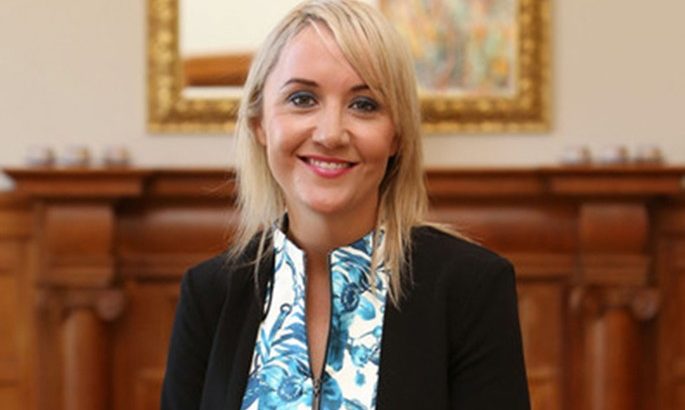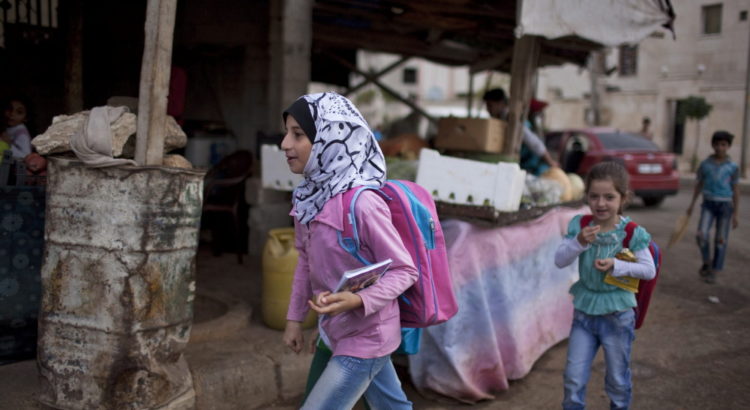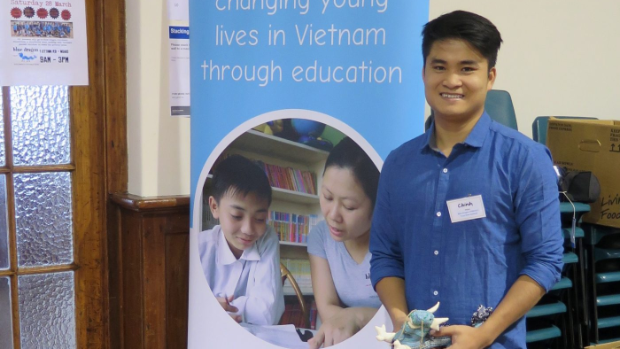New Zealand/ June 20, 2017/ By: Nicholas Jones/Source: http://www.nzherald.co.nz
New teachers could soon be trained to teach at both primary and secondary levels to help smooth the transition between school levels for students.
Education Minister Nikki Kaye was open to the idea – saying the proposal was part of «an important discussion about flexibility».
In what would be a significant shake-up of how teachers are trained, the Education Council has proposed a number of changes to initial teacher education. Others include requiring would-be teachers to meet higher literacy and numeracy standards from 2020.
Currently most teacher education programmes prepared attendees to teach at a traditional education level such as early childhood, primary or secondary school.
The council proposes developing programmes to train new teachers to teach across different ranges of year levels than happens now. It says programmes could have a focus on particular years. For example, early childhood/primary (0 to 8 years of age), or middle school (9 to 14 years of age).
The latter would see a person trained to teach at year levels currently spanning primary, intermediate and secondary.
The council said this would let teachers take advantage of more diverse career opportunities within schools and «communities of learning» – local schools that work together and share some staff.
It would also let schools and early childhood centres better support children as they moved between traditional year levels, the council said.
Research has found that if a student had difficulty following a transition between school levels they were much more likely to drop out of education, and that poor transitions impacted on students’ wellbeing and future achievement.
Previous Education Minister Hekia Parata sought advice on how the transition between pre-school and school could be strengthened, and there was now a preference for new school builds to be in the campus style – offering ECE, primary and secondary schooling on one site.
Post Primary Teachers’ Association (PPTA) president Jack Boyle said any changes to teacher training needed to be supported by adequate professional development and support for the 60,000 current teachers in schools.
«The focus doesn’t need to be on structural change for the sake of saying, ‘we’re doing something different’. It needs to be on the people in the room. If every teacher in New Zealand had access to guaranteed professional learning and support then I think you’d see a lot more improvement in what is often called the achievement gap.»
Boyle said most new teachers learnt more in the classroom, and many secondary schools already employed teachers who had degrees in primary education.
The PPTA had already expressed concern at another council proposal, to eventually make all would-be teachers complete a degree in their chosen subject as well as a postgraduate qualification in teaching. The union said that could worsen teacher-supply issues.
Currently, secondary teachers generally have a degree in the subject they teach and a graduate diploma in teaching, with more primary teachers having degrees in education.
Any changes floated by the Education Council are significant, given its role as the professional organisation advocating on behalf of teachers. It has outlined the proposal and other possible changes in a discussion document and called for submissions, closing July 7.
Kaye said she had been briefed about the proposals, and it was important to respect the independent consultation process.
«Once the consultation has been completed, the council has confirmed that it will present its final report to the sector and Government. I’m advised that some of the proposals could have potential cost implications, so these would need to be considered by the Government as the process develops.»
Source:
http://www.nzherald.co.nz/politics/news/article.cfm?c_id=280&objectid=11878789&ref=rss
















 Users Today : 230
Users Today : 230 Total Users : 35459825
Total Users : 35459825 Views Today : 396
Views Today : 396 Total views : 3418368
Total views : 3418368